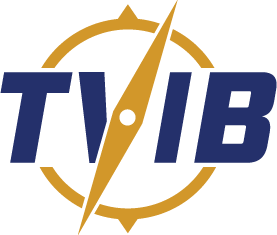USCG: National Maritime Center (NMC) and Regional Exam Centers Re-open
1/30/2019: Nat’l Maritime Center, Regional Exam Centers re-open following partial shutdown
The National Maritime Center announced in a bulletin Jan. 28, 2019 that it has re-opened and is implementing measures to address increased levels of application inventory.
Merchant Mariner Credentials and Medical Certifications (National Endorsements only) set to expire in December 2018, January 2019, or February 2019 remain valid until May 31, 2019. (See Update 3 – Mitigation Efforts Due to Lapse in Fiscal Year 2019 Appropriations and Partial Government Shutdown.)
Additional Information letters, Qualified Assessor letters, Designated Examiner letters, Proctor Approval letters, Approval to Test letters, and mariner training completion certificates set to expire in December 2018, January 2019, or February 2019 remain valid until April 30, 2019. (See Update 3 – Mitigation Efforts Due to Lapse in Fiscal Year 2019 Appropriations and Partial Government Shutdown.)
Mariners seeking to operate on STCW endorsements that expired on or after December 1, 2018, may request continued service STCW dispensations via e-mail at STCWDispensations@uscg.mil. (For application details, see STCW Mitigation Efforts Due to Lapse in Fiscal Year 2019 Appropriations and Partial Government Shutdown.)
Regional Examination Centers nationwide will be fully operational and open to the public by Jan. 30, 2019. The scheduling system for Regional Examination Centers examinations, application drop off, and other credentialing business will be active beginning Jan. 31, 2019.
The NMC is working to minimize the negative impact to the maritime industry and will publish additional information regarding furlough recovery operations as needed. For updates, please monitor the NMC website. If you have questions, contact the NMC Customer Service Center by e-mailing IASKNMC@uscg.mil or by calling 1-888-IASKNMC (427-5662).
Click here to access the original post on the Coast Guard Maritime Commons
